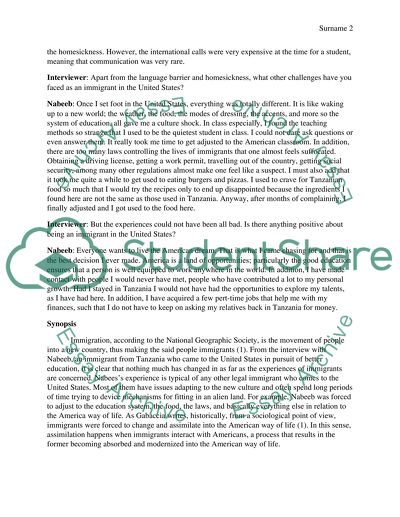Cite this document
(Interview with an Immigrant Assignment Example | Topics and Well Written Essays - 1500 words, n.d.)
Interview with an Immigrant Assignment Example | Topics and Well Written Essays - 1500 words. https://studentshare.org/social-science/1485767-interview-with-an-immigrant
Interview with an Immigrant Assignment Example | Topics and Well Written Essays - 1500 words. https://studentshare.org/social-science/1485767-interview-with-an-immigrant
(Interview With an Immigrant Assignment Example | Topics and Well Written Essays - 1500 Words)
Interview With an Immigrant Assignment Example | Topics and Well Written Essays - 1500 Words. https://studentshare.org/social-science/1485767-interview-with-an-immigrant.
Interview With an Immigrant Assignment Example | Topics and Well Written Essays - 1500 Words. https://studentshare.org/social-science/1485767-interview-with-an-immigrant.
“Interview With an Immigrant Assignment Example | Topics and Well Written Essays - 1500 Words”. https://studentshare.org/social-science/1485767-interview-with-an-immigrant.


